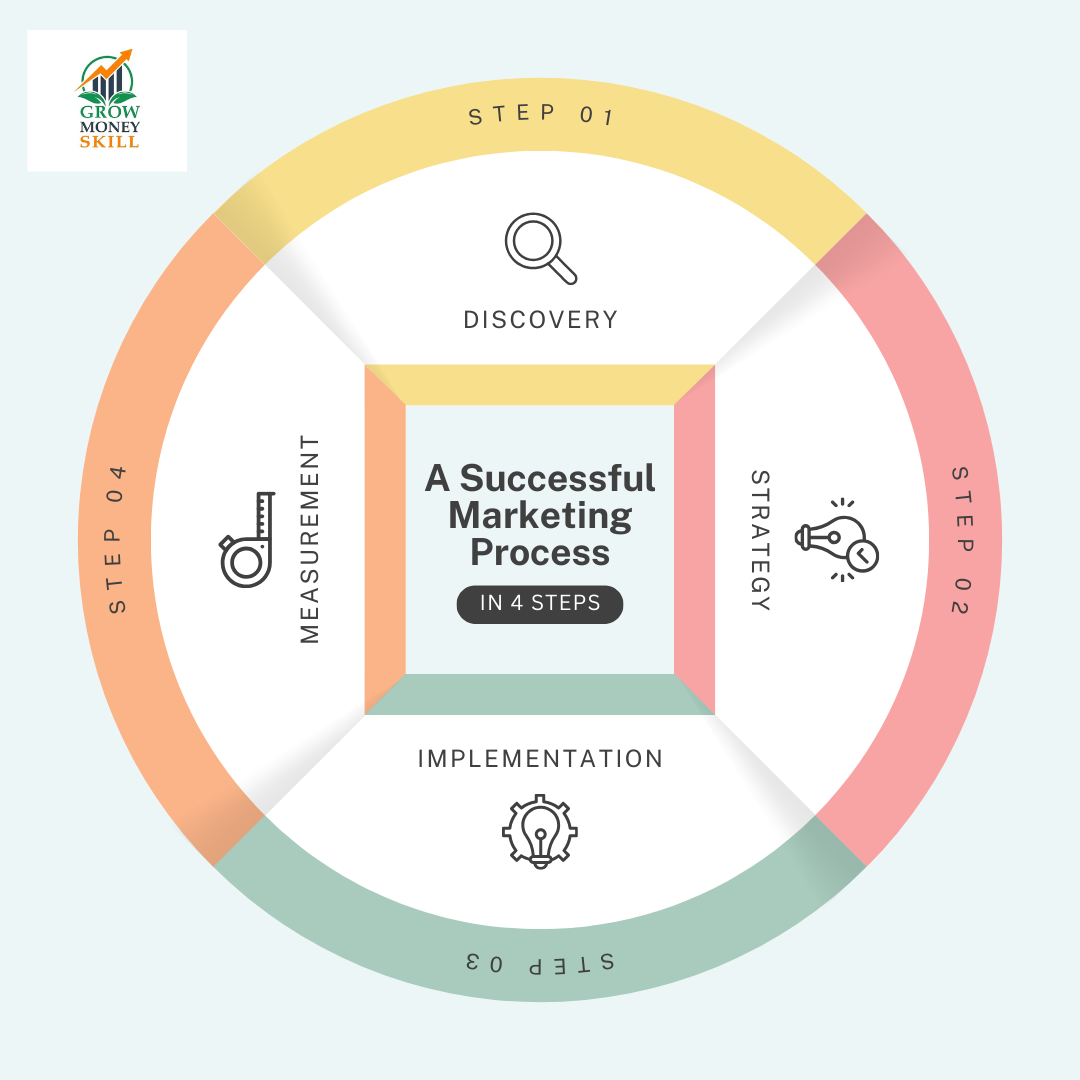To buy Hyundai inventory in India, you want to follow...
Read MoreMost Recent Blogs
Kyle Verreynne Net Worth
An industrious South African cricketer, Kyle Verreynne has done well...
Read MoreDeepak Mohoni Net Worth in 2024
Deepak Mohoni is a famous call within the Indian stock...
Read MoreSherrone Moore net worth in 2024
Sherrone was born on 31st December in the year 1974,...
Read MoreYour Financial Education
Financial Education वित्तीय शिक्षा आपके धन का कुशलतापूर्वक प्रबंधन करने...
Read MoreTolins Tyres IPO Share Price
Tolins Tyres IPO share Price Tolins Tyres is gearing up...
Read MoreKross Limited Share Price
Kross Limited share price Kross Limited is a distinguished player...
Read MoreBrett Rypien Net Worth
Brett Rypien net worth American football quarter back Brett Rypien...
Read Morewhat is Financial Planning?
Financial planning is a comprehensive approach to handling your price...
Read MorePopular Blogs
Bill Pascrell Net Worth in 2024
Bill Pascrell net worth: Bill Pascrell’s net worth is a...
Read MoreWhat is Nutrition? : Nutrition and Mental Health
Nutrition is the cornerstone of a healthy lifestyle. It encompasses...
Read MoreDecoding Variables: Understanding Their Significance and Functionality
Variables lie at the core of programming and data analysis....
Read MoreGuide to Creating Stunning Web Pages by HTML
HTML stands as the cornerstone, the bedrock upon which the...
Read MoreThe Finance Department serves as the lifeblood of any enterprise, functioning as the relevant hub for all financial activities. This dedicated crew plays a crucial role in making sure the smooth operation of the agency with the aid of meticulously coping with cash float, overseeing economic transactions, and imparting strategic financial insights. Their responsibilities encompass a wide variety, from meticulously processing payroll and debts payable/receivable to crafting budgets, accomplishing monetary analysis, and collaborating with different departments to ensure financial health. Ultimately, the Finance Department strives to optimize aid allocation, minimize monetary risks, and pave the manner for sustainable increase and profitability.
Table of Contents
ToggleDepartment Overview
The Finance Department is devoted to safeguarding the economic fitness of our corporation. We gain this through making sure correct financial reporting, optimizing financial assets, and imparting strategic financial steering to empower knowledgeable decision-making across all departments.
Objectives:
- Financial Integrity: Maintaining accurate and transparent monetary information thru meticulous accounting practices and adherence to policies.
- Strategic Planning and Analysis: Providing insightful financial data and analysis to guide informed budgeting, useful resource allocation, and funding decisions.
- Risk Management: Proactively identifying and mitigating monetary risks, making sure long-time period monetary balance.
- Operational Efficiency: Streamlining financial strategies to optimize cash go with the flow and limit prices.
- Collaboration: Working intently with other departments to combine economic issues into strategic making plans and everyday operations.
Team Structure and Contact Information:
The Finance Department is made from a team of skilled experts with various regions of know-how. A exact organizational chart outlining precise groups and roles may be available on the employer intranet (or a chosen internal conversation platform).
Accounting & Bookkeeping
Accounting and bookkeeping, while regularly used interchangeably, are wonderful features inside the Finance Department. Here’s a breakdown of their roles:
Bookkeeping:
- Focus: Recording financial transactions. This is the foundational step, making sure all profits, fees, and other economic pastime is captured appropriately and chronologically.
- Tasks: Bookkeepers technique day by day transactions, reconcile bank statements, control bills payable and receivable, and maintain popular ledgers.
- Skills: Strong interest to element, proficiency with bookkeeping software program, and know-how of primary accounting concepts.
Accounting:
- Focus: Analyzing, decoding, and communicating monetary records. Accounting builds upon the information accumulated through bookkeeping.
- Tasks: Accountants prepare financial statements like profits statements and stability sheets, perform economic evaluation, behavior variance analysis, create budgets and forecasts, and provide monetary recommendation to control.
- Skills: Advanced information of accounting principles and practices, analytical competencies, robust communique and presentation talents.
Analogy:
Imagine bookkeeping because the statistics entry degree, meticulously recording each financial occasion Finance Department. Accounting then takes this statistics, analyzes it, and gives a clean photograph of the corporation’s financial health, much like how a financial analyst interprets inventory marketplace data.
Financial Reporting & Analysis

Financial Reporting and Analysis (FR&A) is a crucial function within the Finance Department, acting because the bridge between the raw economic facts and knowledgeable selection-making. Here’s a more in-depth appearance:
Financial Reporting:
- Focus: Creating correct and standardized economic statements that depict the enterprise’s monetary overall performance and position.
- Responsibilities: Preparing earnings statements, stability sheets, cash float statements, and other economic reports in accordance with mounted accounting concepts (e.G., Generally Accepted Accounting Principles – GAAP).
- Importance: Financial statements provide a obvious and standardized photograph of a agency’s economic fitness for inner and external stakeholders. They are vital for investors, creditors, regulators, and control to evaluate profitability, solvency, and overall economic properly-being.
Financial Analysis:
- Focus: Going past the simple reporting to interpret and extract significant insights from monetary statistics.
- Activities: Financial analysts use diverse strategies (e.G., ratio evaluation, trend analysis) to perceive traits, assess dangers and opportunities, and examine the effectiveness of financial strategies.
- Outcomes: Analysis enables management make informed decisions approximately useful resource allocation, budgeting, pricing techniques, investments Finance Department, and average economic making plans.
Benefits of robust FR&A:
- Improved decision-making: FR&A offers information-driven insights to aid strategic making plans and operational efficiency.
- Enhanced transparency: Accurate and timely monetary reporting fosters consider with stakeholders.
- Risk mitigation: Proactive analysis helps discover and address potential financial risks.
Increased profitability: Strong FR&A allows informed techniques to optimize aid allocation.
Budgeting & Forecasting

Budgeting and forecasting are two crucial yet distinct capabilities inside the Finance Department that work collectively to manual the corporation’s monetary future. Here’s a breakdown of their roles:
Budgeting:
- Focus: Setting a financial roadmap for the destiny. This entails outlining predicted profits and expenses for a specific period (typically a year).
- Process: Budgeting includes collaboration across departments to apprehend sales expectations, venture charges, and aid requirements. Historical information, marketplace traits, and strategic dreams are all factored in.
- Purpose: The finances serves as a economic plan, guiding resource allocation, figuring out ability shortfalls, and setting overall performance targets. It acts as a benchmark for measuring real economic performance during the yr.
Forecasting:
- Focus: Predicting future economic overall performance based on cutting-edge information and tendencies.
- Process: Financial forecasting utilizes numerous techniques (e.G., statistical modeling, state of affairs making plans) to estimate destiny sales, costs, and cash waft. External elements like economic tendencies and enterprise forecasts are also considered.
- Importance: Forecasting presents ongoing insights to discover capability deviations from the budget and lets in for proactive changes. It facilitates control make informed selections about aid allocation, risk mitigation, and seizing sudden possibilities.
The Synergy:
- The finances serves as the initial Finance Department, whilst forecasting constantly refines it for the duration of the year based totally on new records and marketplace modifications.
- This dynamic interaction among budgeting and forecasting allows for proactive economic management, making sure the organisation remains heading in the right direction in the direction of its financial dreams.
Cash Flow Management

The lifeblood of any corporation isn’t always simply income, but coins Finance Department. Cash waft control ensures there may be sufficient cash easily to be had to satisfy ongoing responsibilities and seize opportunities.
What it includes:
- Tracking: Monitoring incoming coins (sales from income, investments) and outgoing cash (costs, mortgage bills).
- Forecasting: Predicting future coins go with the flow needs primarily based on historical facts, upcoming expenses, and income projections.
- Optimizing: Developing strategies to make sure enough coins drift. This can also contain accelerating collections from customers, negotiating extended charge terms with providers, or strategically dealing with investments.
Benefits of robust coins flow control:
- Prevents cash shortages: Avoids situations where there’s not enough cash to cowl bills, payroll, or different essential fees.
- Seizes possibilities: Ensures the potential to take advantage of sudden discounts, put money into profitable ventures, or navigate economic downturns.
- Improves economic stability: Provides a buffer against unexpected circumstances and fosters self belief inside the enterprise’s monetary fitness.
Strategies for optimizing cash glide:
- Collect receivables right away: Implement efficient billing and series tactics to get paid faster.
- Manage payables strategically: Negotiate extended payment terms with providers whenever viable.
- Maintain a wholesome cash reserve: Set apart a buffer to cowl sudden charges or shortfalls.
- Forecast appropriately: Regularly display and replace coins go with the flow projections to stay proactive.
Cash go with the flow control is an ongoing system that calls for regular vigilance and adaptation. By efficiently dealing with cash glide, companies can make sure economic stability Finance Department, capture opportunities, and pave the manner for sustainable growth.
Payroll Processing
Payroll processing is the in the back of-the-scenes magic that ensures personnel get hold of their properly-deserved reimbursement appropriately and on time. It’s a important feature in the Finance Department, regarding numerous key steps:
- Data Collection: Gathering worker facts like salaries, wages, hours labored, and deductions (taxes, blessings, and so forth.).
- Calculation: Using this facts to calculate gross pay (overall profits earlier than deductions), overtime pay (if applicable), and internet pay (quantity paid to the employee after deductions).
- Tax Withholding and Remittance: Withholding federal, nation, and nearby taxes from employee paychecks and remitting them to the best tax government.
- Benefits Management: Facilitating worker advantage deductions and contributions, along with medical health insurance or retirement savings plans.
- Payment Processing: Distributing net pay to personnel through direct deposit, paper checks, or pay playing cards.
- Recordkeeping: Maintaining accurate and secure payroll records for felony and auditing functions.
Benefits of green payroll processing:
- Employee Satisfaction: Ensures timely and correct price, boosting employee morale and accept as true with.
- Compliance: Guarantees adherence to complicated tax rules and hard work legal guidelines, heading off consequences and legal problems.
- Improved Efficiency: Streamlined procedures keep time and assets as compared to guide calculations.
- Data-pushed Decision Making: Payroll records affords insights into workforce fees and tendencies, helping in strategic monetary planning.
Payroll processing can be handled internally by the Finance Department, especially for smaller companies. However, many organizations choose to outsource payroll to specialized providers. These providers offer expertise, ensure compliance with regulations, and free up internal resources for other tasks.
Policies & Procedures
A well-defined set of rules and methods is critical for efficient economic control Finance Department. Here’s a top level view of key regions with issues for organising clean recommendations:
Expense Management:
- Policy: Defines allowable business costs, spending limits for unique categories (e.G., meals, travel), and the worker cost reimbursement process.
- Procedures: Outlines necessities for fee documentation (receipts, justifications), submission cut-off dates for reimbursements, and the approval process for exceeding spending limits.
Travel and Entertainment Reimbursement:
- Policy: Establishes tips for business travel and amusement fees, including pre-approval necessities for particular varieties of travel or amusement.
- Procedures: Details the process for reserving travel (corporate cards, approvals), allowable meal and leisure prices, and documentation required for reimbursement.
Petty Cash Procedures:
- Policy: Defines the reason and obstacles of the petty coins fund, authorized users, and most withdrawal amounts.
- Procedures: Outlines steps for requesting petty coins advances, documentation necessities for reimbursements, and reconciliation strategies for the petty coins fund.
Benefits of Clear Policies and Procedures:
- Increased Efficiency: Streamlines workflows and reduces processing time.
- Enhanced Compliance: Ensures adherence to internal controls and outside policies.
- Improved Transparency: Provides clean expectancies for personnel concerning economic matters.
- Reduced Risk of Fraud: Mitigates opportunities for unauthorized spending or mistakes.
Developing those regulations and processes calls for collaboration between the Finance Department and other relevant departments (e.G., Human Resources, Procurement). It’s vital to frequently evaluation and update those guidelines to mirror any changes in policies or agency practices.
Conclusion
In conclusion, the Finance Department serves as the spine of any organisation, gambling a pivotal role in its economic fitness and stability. From the meticulous duties of bookkeeping and payroll processing to the strategic insights gleaned via economic reporting and evaluation, the Finance Department guarantees the agency operates on a strong monetary basis. By efficaciously dealing with cash waft, budgeting for the future, and adhering to sound regulations and techniques, the Finance Department empowers informed decision-making and paves the manner for sustainable increase and profitability.
FAQ's
Q. What is the finance department?
The finance department is responsible for daily record keeping and maintaining an accurate history of the company’s financial records. It also prepares income statements and supports the management team by providing them with the financial data required for decision-making.
Q. What does finance do?
Finance is concerned with the art and science of managing money. The finance discipline considers how business firms raise, spend, and invest money and how individuals divide their limited financial resources to achieve personal and family goals.
Q. Who works in finance department?
Chief financial officer, management accountant, financial accountant, internal auditor, credit controller and accounts payable accountant are some of the commonly used categories of heads of sub-departments in the financial hierarchy of a small business.
Q. Which department is best in finance?
The top 5 highest paying jobs in finance are investment banking, hedge fund management, CFO roles, private equity, and actuarial positions. These careers typically offer substantial salaries and the potential for significant bonuses.
Copyright © All Rights Reserved. GMS













